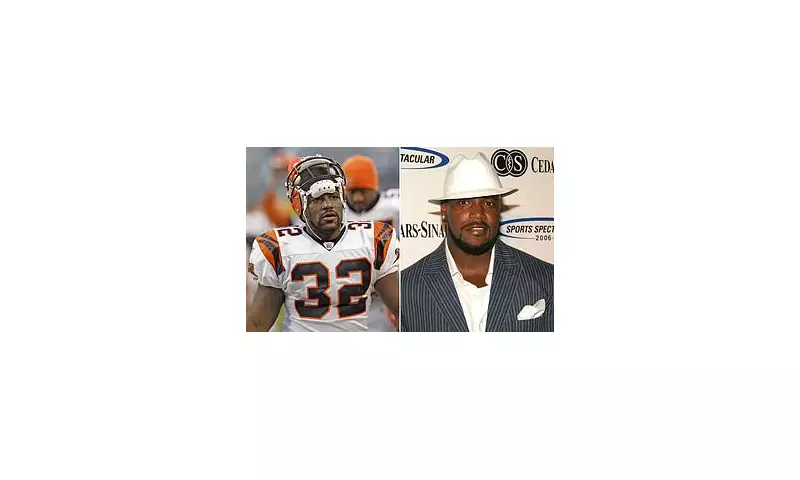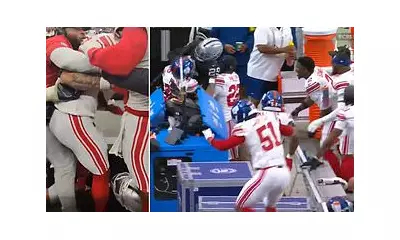
Harrowing 911 audio has surfaced capturing former NFL star Rudi Johnson in the midst of a severe mental health crisis, with the ex-Cincinnati Bengals running back telling emergency operators "I'm not trying to be here no more" during a desperate plea for help.
The distressing call, obtained by DailyMail.com, reveals the 45-year-old athlete's emotional turmoil as he struggled with his mental wellbeing earlier this year. Johnson, who enjoyed a successful seven-season career in the NFL, can be heard in clear distress throughout the four-minute conversation with dispatchers.
A Champion's Cry for Help
During the emotional exchange, Johnson repeatedly expresses his desperation, stating: "I'm done. I'm done. I'm done." When the operator asks if he's having thoughts of harming himself, the former footballer responds with heartbreaking clarity: "I'm not trying to be here no more."
The 911 operator maintains remarkable composure throughout the call, attempting to keep Johnson engaged while emergency services were dispatched to his location. "I need you to calm down for me, okay?" the operator can be heard saying, to which Johnson responds with increasing agitation.
From Gridiron Glory to Personal Struggle
Johnson's football career saw him become one of the most formidable running backs in Cincinnati Bengals history. Between 2004 and 2006, he achieved three consecutive 1,000-yard rushing seasons, cementing his place as a fan favourite and reliable offensive weapon.
His sudden disappearance from the public eye in recent years had concerned many fans, but few could have anticipated the depth of the personal struggles revealed in this emergency call. The incident highlights the often-hidden mental health challenges facing professional athletes after their playing careers end.
The Hidden Crisis in Professional Sports
Johnson's situation sheds light on the broader issue of mental health in professional sports, where the transition from athletic stardom to ordinary life can prove particularly challenging. Many former players struggle with identity, purpose, and the physical toll of their careers long after they've left the field.
The NFL has implemented several mental health initiatives in recent years, but cases like Johnson's demonstrate that more support may be needed for players navigating life after football.
Road to Recovery
Following the 911 call, Johnson was transported to a local hospital for evaluation and treatment. While details of his current condition remain private, the incident serves as a powerful reminder of the importance of mental health awareness and the critical need for accessible support systems.
If you or someone you know is struggling with mental health issues, remember that help is available through various support services and emergency lines dedicated to providing immediate assistance to those in crisis.





